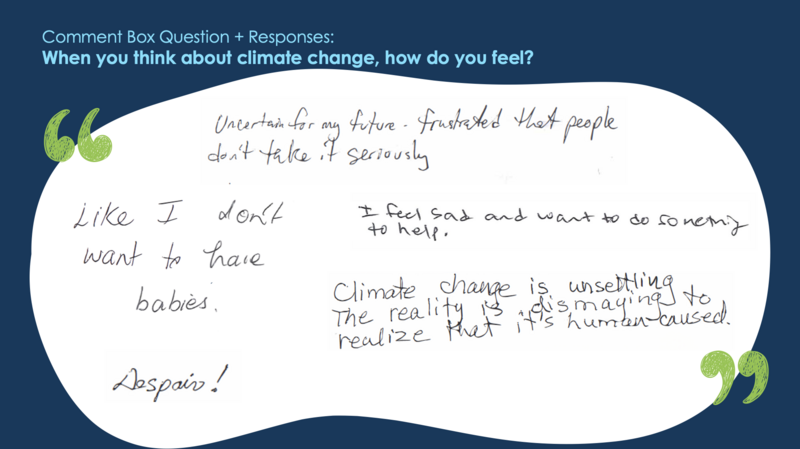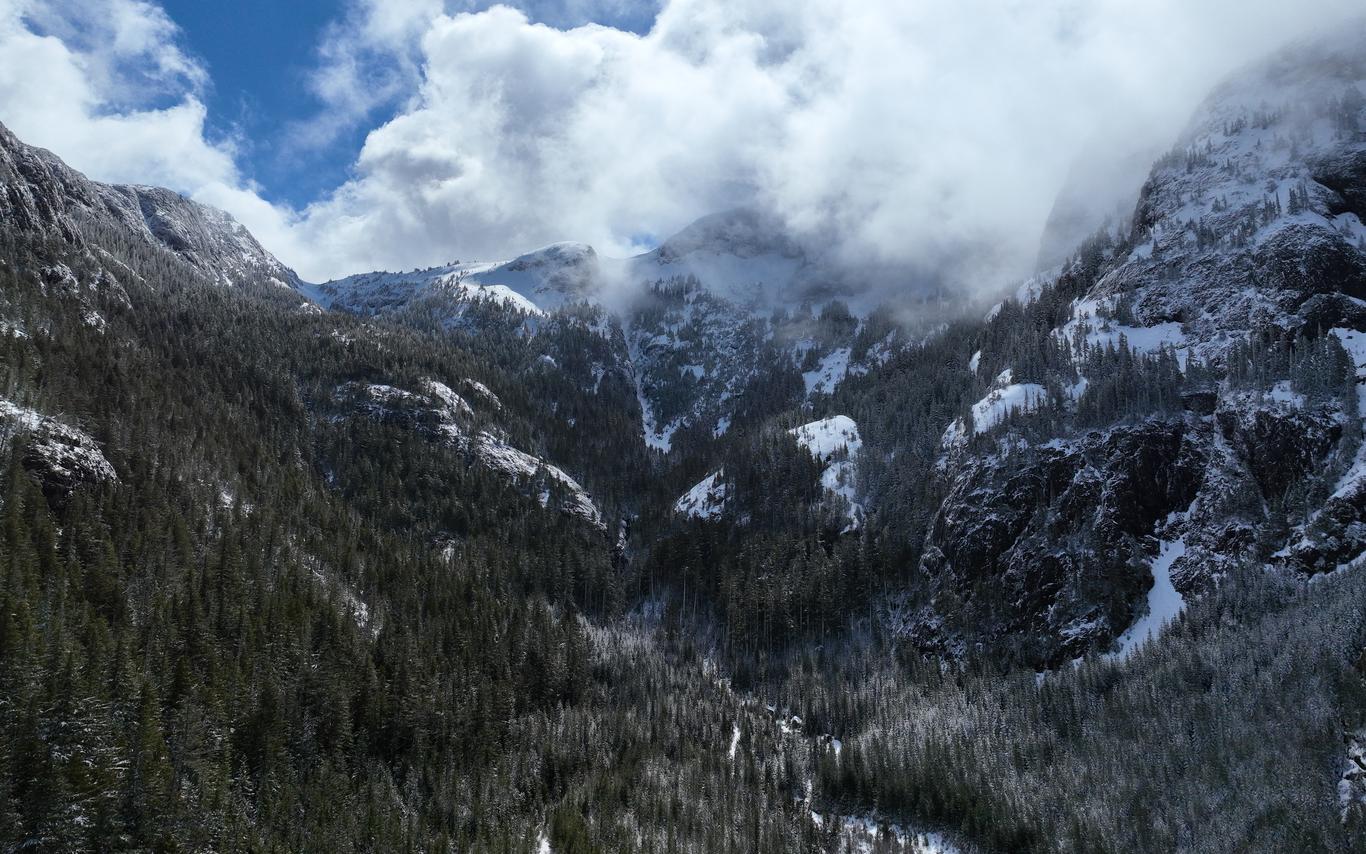Have you ever found yourself torn between engaging in eco-conscious behaviour or consumptive behaviour – say, biking vs driving? Or buying secondhand vs new? In these moments of decision making, do you feel guilt or shame with your decision?
In 2022 during my studies in the Master of Cultural Anthropology: Sustainable Citizenship program at Utrecht University in the Netherlands, I was curious about these questions – curious about perceptions of climate change and how these perceptions influence the actions of people. For my thesis, I explored the perceptions of 14 young Dutch adults relating to climate change and how they navigate these experiences in their daily lives. I was able to get a glimpse into how these young adults perceive climate change to be situated in the future and how their anticipation of it actively impacts their lives. They engaged in behaviours to address this anticipation, such as eating less meat, flying less, and buying ‘sustainable' products. However, engaging in these behaviours often resulted in feeling tension between being sustainable and being a citizen in a consumptive society. In this space of tension, they would experience feelings of guilt or shame that could result in passiveness or paralysis. For these young adults, they fought these negative feelings and tension through communities with shared experiences and by accepting they can be imperfect in their sustainability journey.
After my return to Canada, and to the Mount Arrowsmith Biosphere Region Research Institute (MABRRI), I hoped to continue this research. Fortunately, in 2024 MABRRI received funding from the UNESCO and abrdn Charitable Foundation (aCF) partnership “Promoting sustainable development through UNESCO’s programmes and sites” for the MABR Climate Change Realities project.
The MABR Climate Change Realities project aims to capture the lived experiences, perceptions, and relationships between people and climate change in the Mount Arrowsmith Biosphere Region (MABR), which ranges from Nanoose Bay to Qualicum Bay. The project aims to build a place-based understanding of local climate change experiences to enhance capacity for climate action through regional collaboration and knowledge sharing. Using qualitative methods, the project aims to capture the voices of people living in the MABR and develop educational materials and a climate change database tailored to the region’s ecological and socio-cultural context. The project seeks to contribute to understanding complex questions associated with climate change realities, such as how societies and people are impacted and how they will adapt and take action. The hope is that this increased understanding will provide guidance on how to better support and drive local action.
Since February, Drew, MABRRI’s Research Assistant, and I have been deep in data collection through interviews, participant observation, workshops, and responses from a comment box (see some responses below). We are now beginning data analysis and creation of educational materials. Some emerging themes have already been noticed in the data. The first emerging theme is Noticeable shifts, which highlights specific, noticeable, climate-related changes taking place in the MABR over time. Conversations with community members indicate that there are clear environmental shifts in the MABR that can be connected to climate change. Some of these shifts are more noticeable, such as the increase in the frequency and intensity of events, like heat domes, fires, and bomb cyclones. However, some shifts are smaller and possibly less noticeable as they occur gradually, like the shift of pollinator populations or the types of plants that thrive or struggle in their gardens. The second theme, Too little, too late, reveals how climate-related contradictions between public and political action and current policies leave participants feeling an overarching sense of anxiety and despair. Notably, however, despite these negative feelings, each participant is active and committed to making changes for the betterment of the local environment and community. This is where the third theme comes in - (Collective) Action to fight despair – speaking to the action and commitment of the participants. Several of the participants noted how they view collective action as the best approach to fighting the climate crisis, which is apparent in their involvement in local stewardship groups. Collective action seems to act as a coping mechanism, providing individuals with a therapeutic outlet for climate anxiety.
As we continue data analysis, we will be able to better outline the themes and experiences shared by people living in the MABR. We look forward to completing this stage of the project over the next few months, while simultaneously seeking more funding to keep this project ongoing.
If you would like to learn more about the project, please visit our project webpage: https://mabrri.viu.ca/mabr-climate-change-realities

